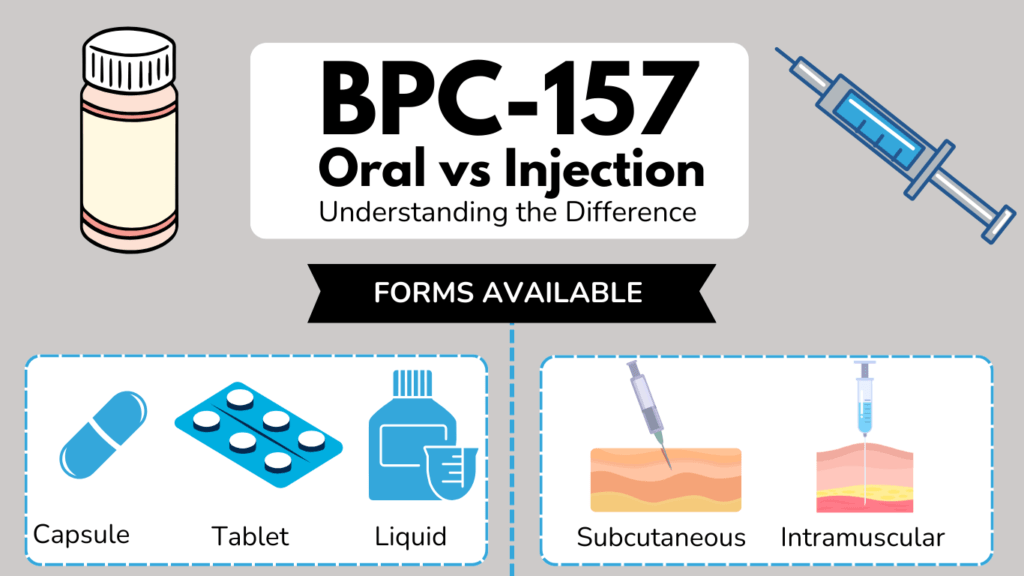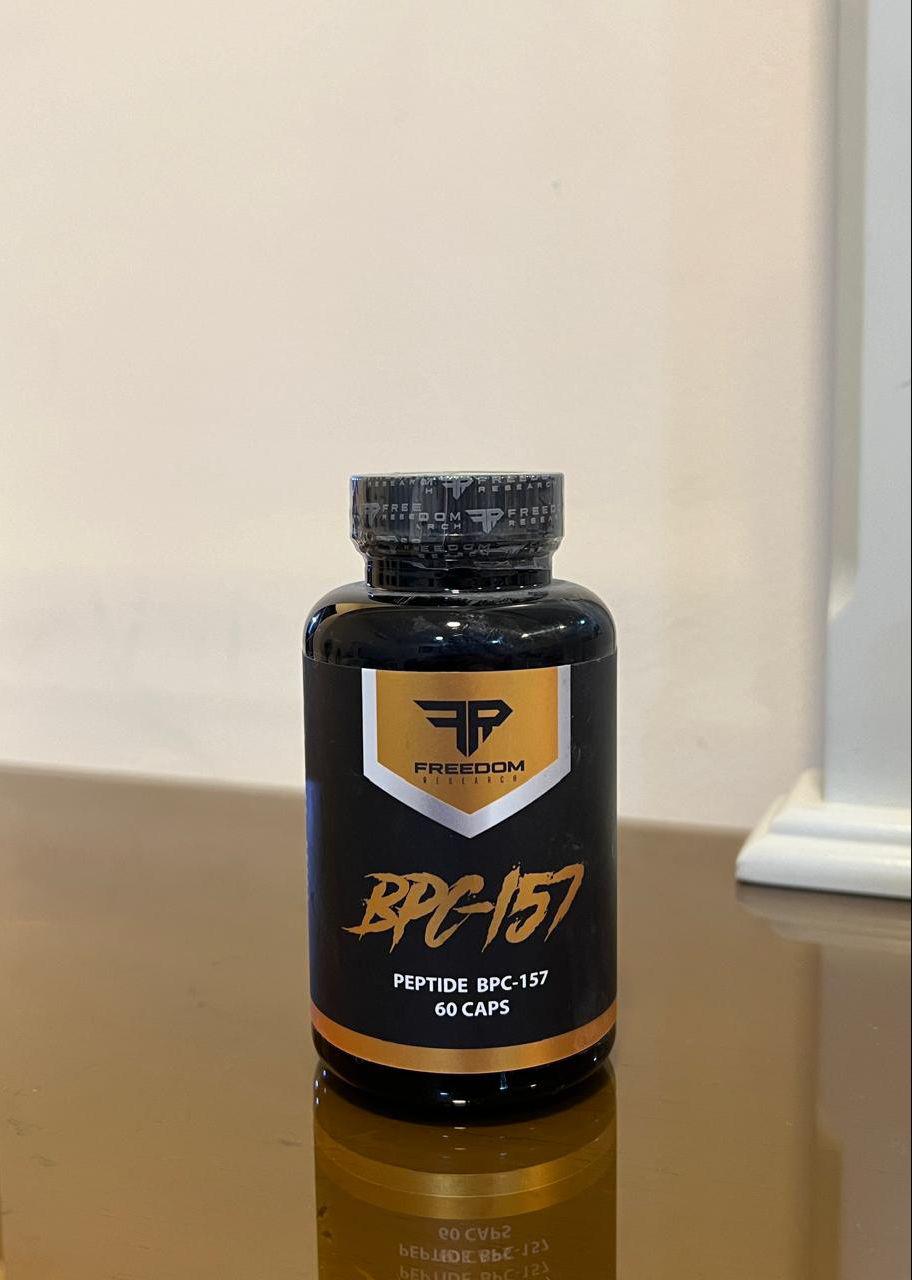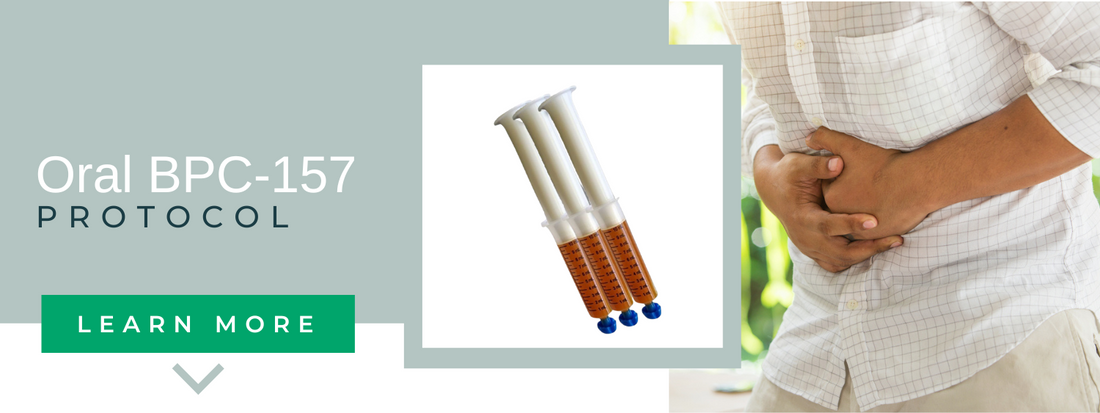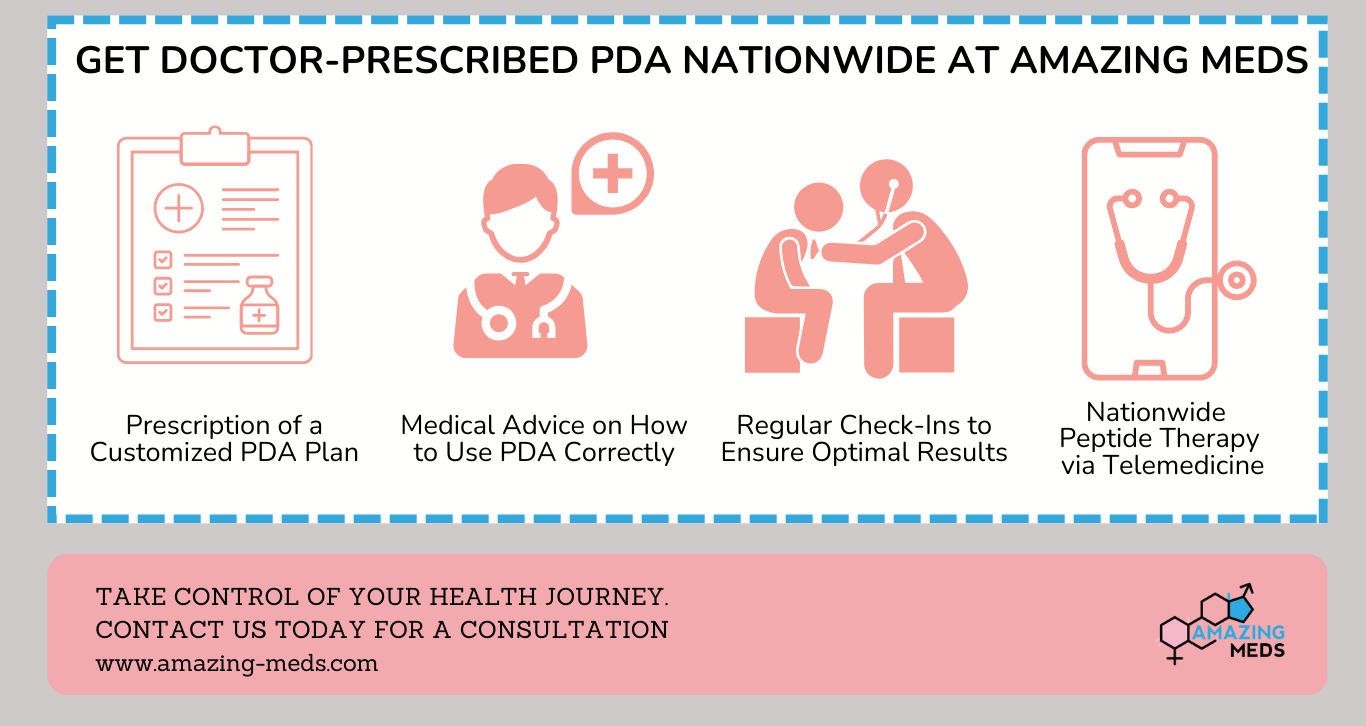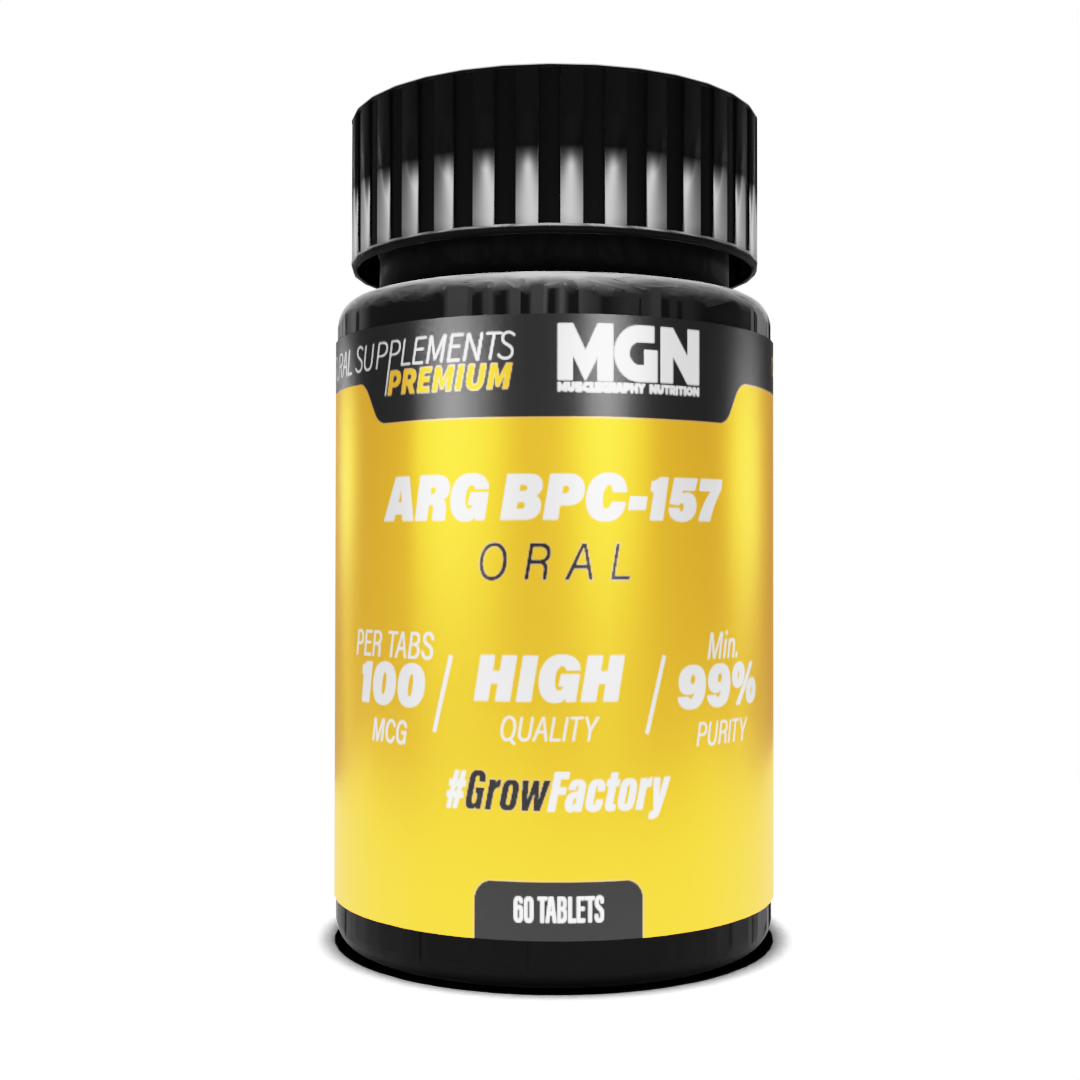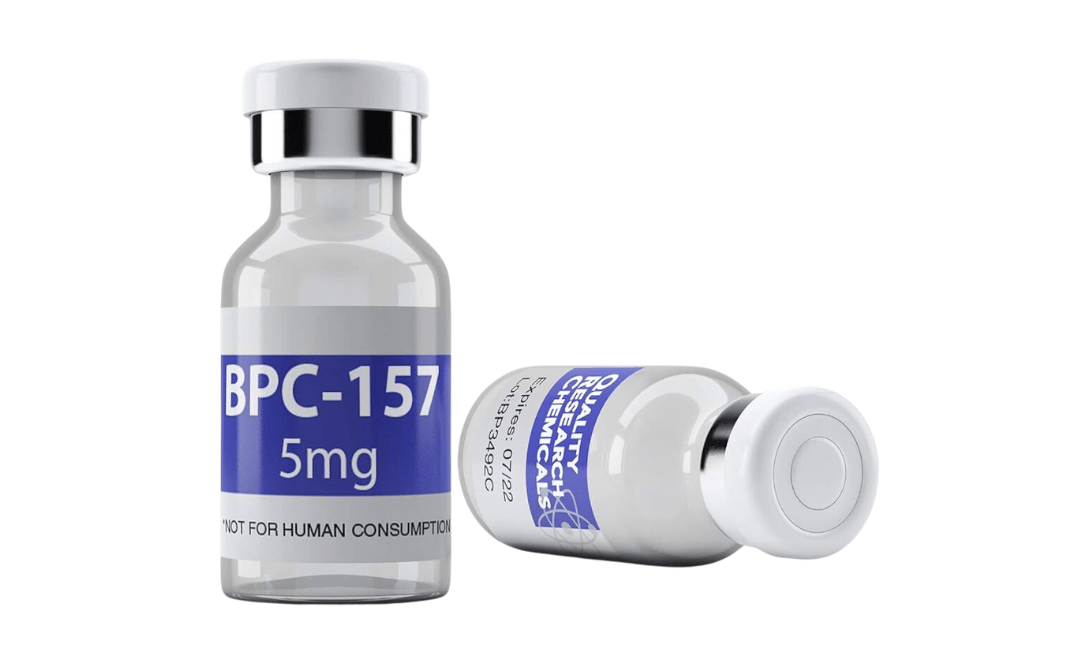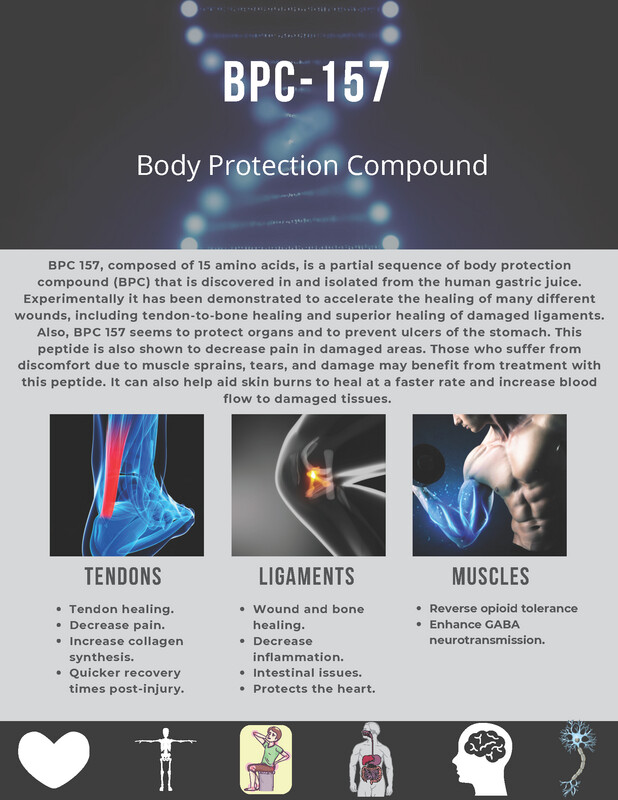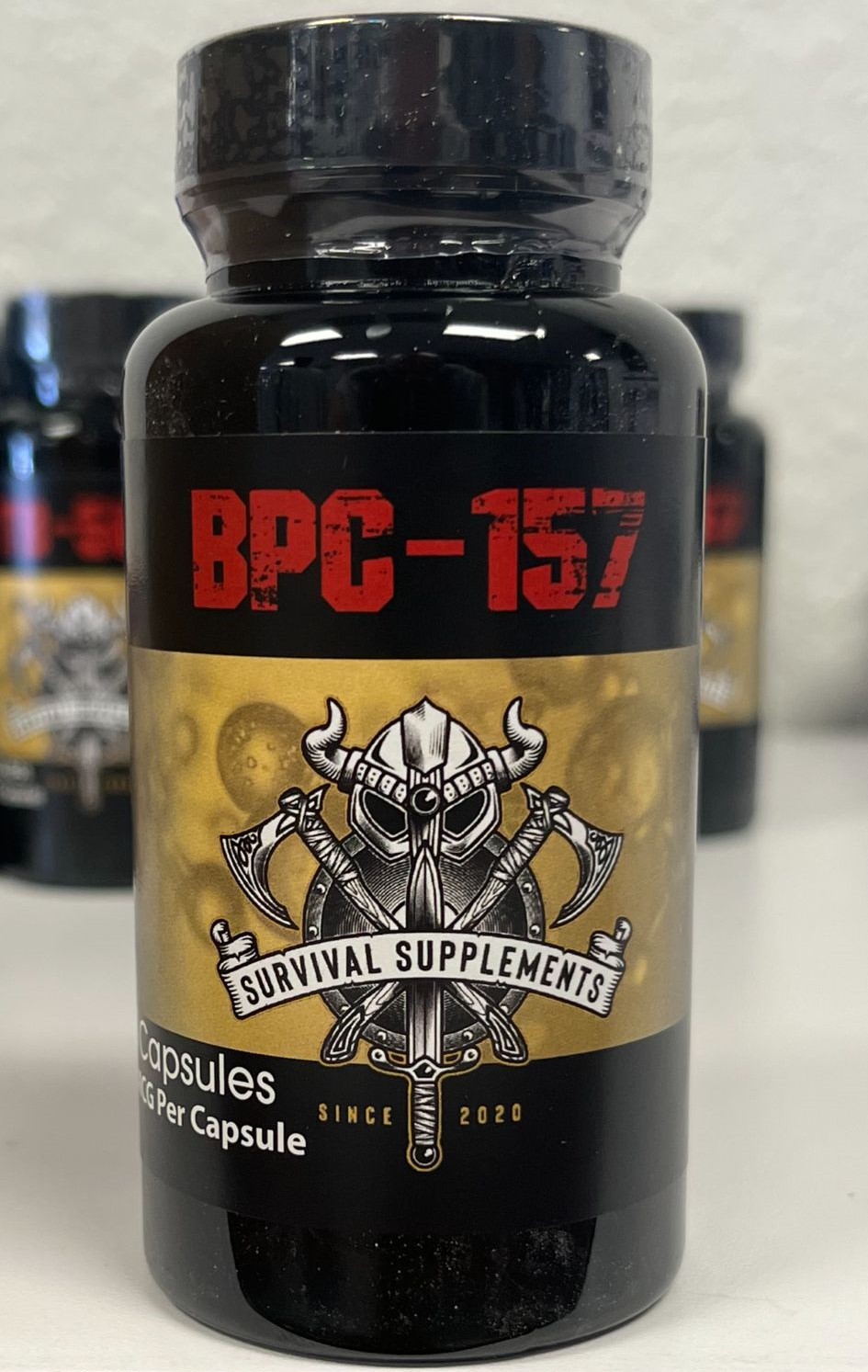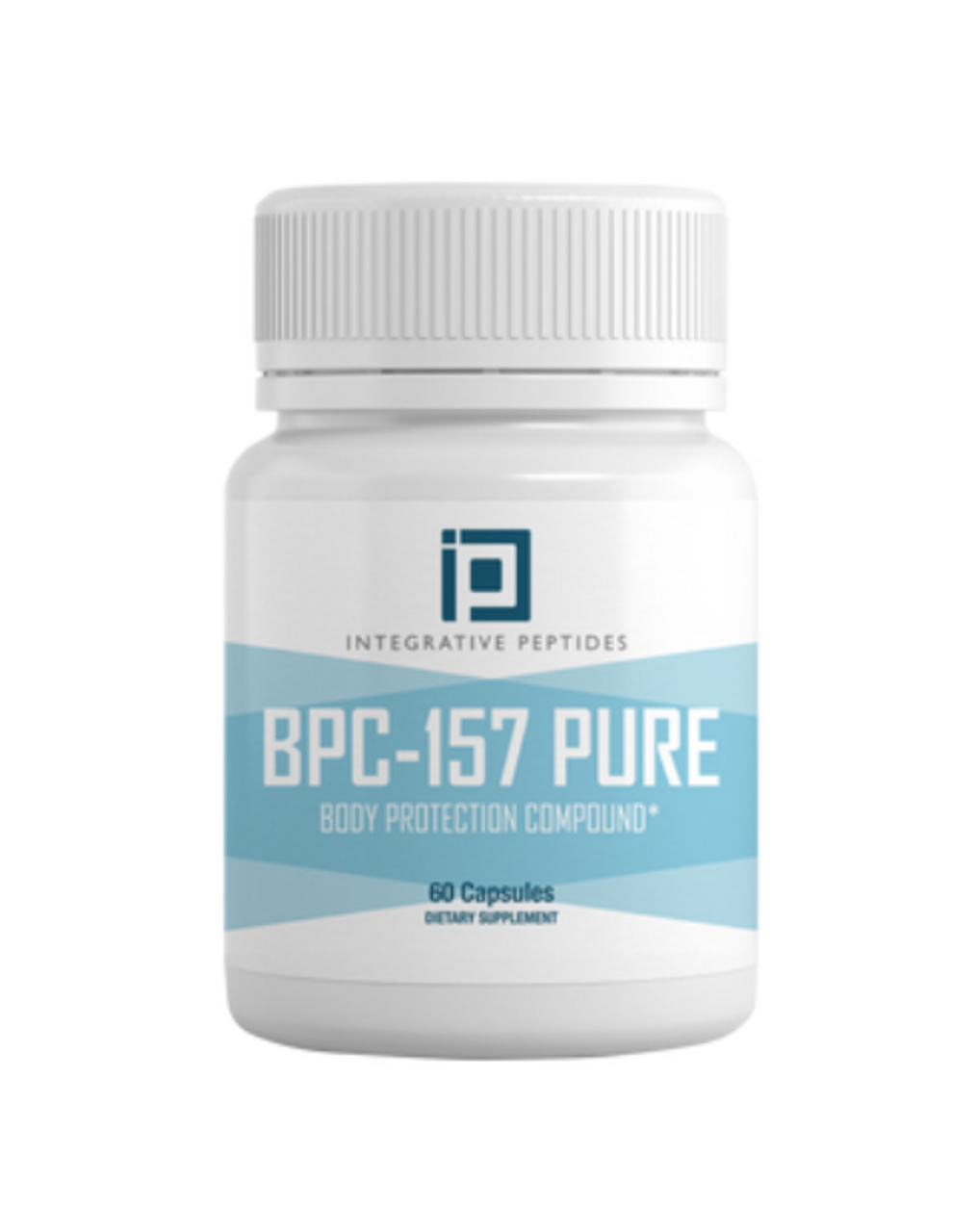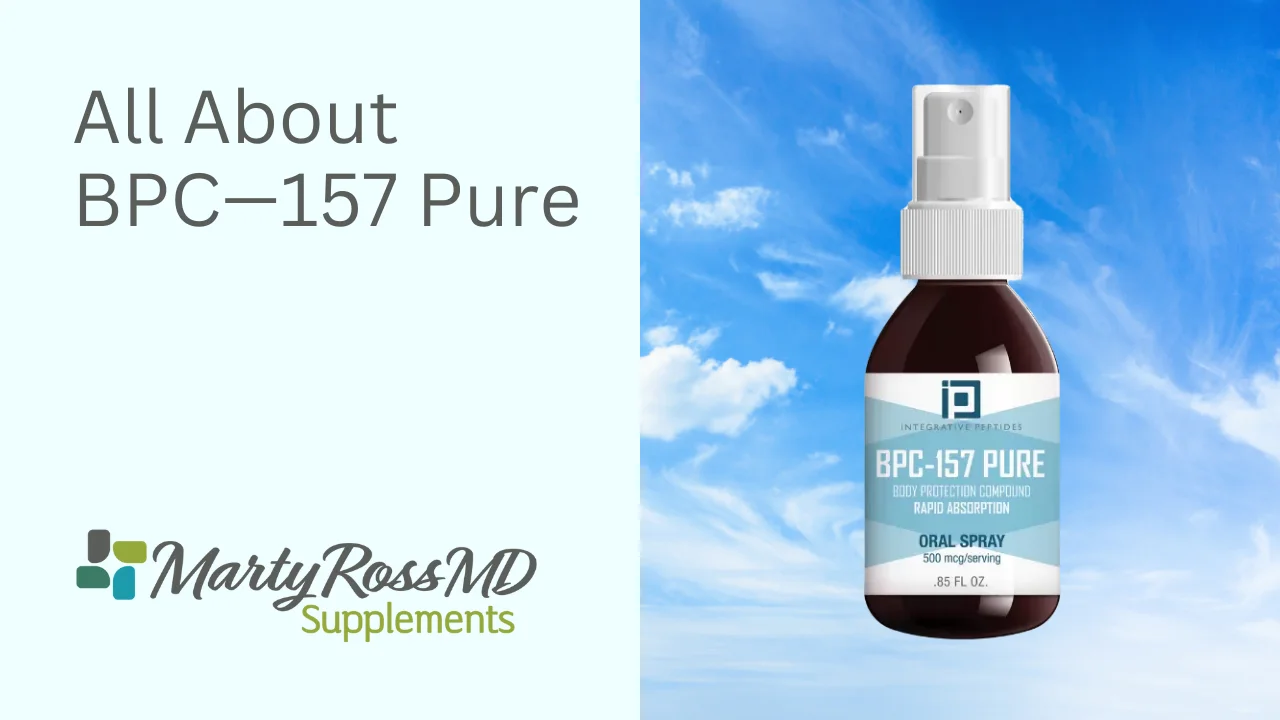Best Time To Take Bpc 157 Oral
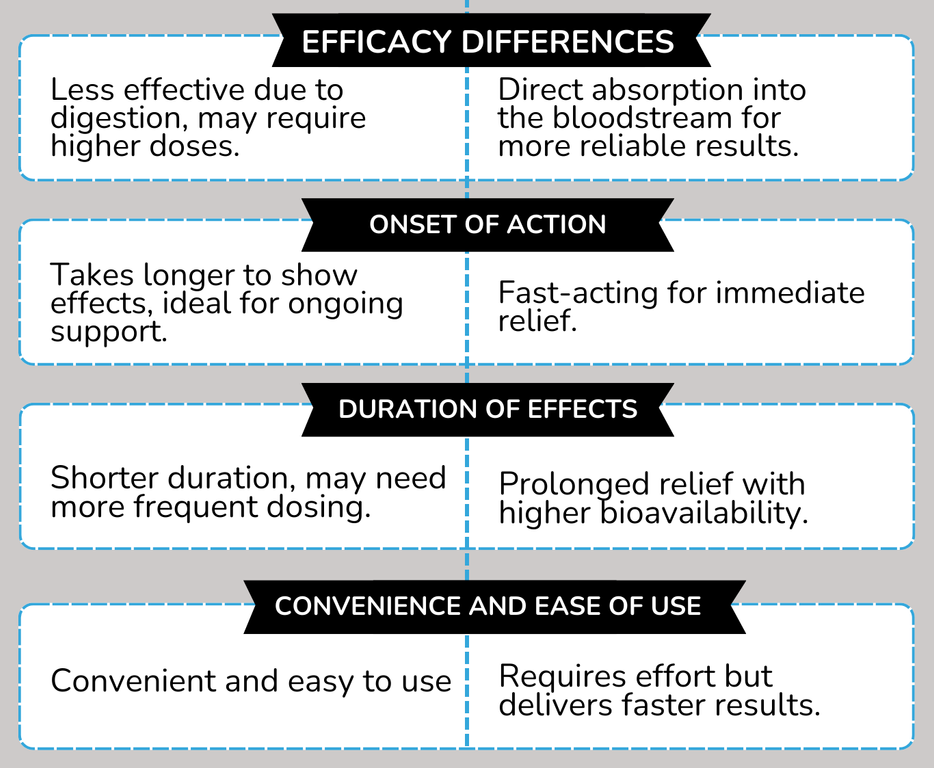
The peptide BPC-157, once whispered about in niche health circles, is now a subject of intense scrutiny. Its purported healing properties, ranging from gut repair to accelerated tissue regeneration, have fueled a surge in popularity. However, a critical question remains unanswered with definitive scientific consensus: when is the optimal time to ingest BPC-157 orally for maximum benefit?
This article delves into the current understanding of BPC-157's pharmacokinetics and explores the different perspectives surrounding the best timing for oral administration. We will examine existing research, anecdotal evidence, and expert opinions to provide a comprehensive overview of this complex topic, acknowledging the limitations of current data and highlighting areas where further research is urgently needed.
Understanding BPC-157 and its Mechanisms
BPC-157, a synthetic peptide consisting of 15 amino acids, is derived from a protective protein found in human gastric juice. It has garnered significant attention for its alleged regenerative and anti-inflammatory effects, particularly in the context of healing injuries and promoting gut health.
The proposed mechanisms of action are multifaceted. Research suggests that BPC-157 promotes angiogenesis (blood vessel formation), enhances collagen synthesis, and modulates the inflammatory response.
These effects are believed to contribute to its purported ability to accelerate wound healing, protect the gastrointestinal tract, and alleviate pain.
The Quest for Optimal Timing: A Landscape of Variables
The question of when to take oral BPC-157 is complicated by several factors. The peptide's bioavailability, absorption rate, and interaction with the digestive system all play crucial roles.
Furthermore, individual differences in metabolism, gut health, and the specific condition being treated can influence the optimal timing.
Currently, there's no universally accepted answer, and the existing recommendations are often based on anecdotal evidence and extrapolations from limited animal studies.
Fasting vs. Fed State: Competing Theories
One common debate centers on whether BPC-157 should be taken on an empty stomach or with food. Proponents of fasting argue that an empty stomach allows for better absorption of the peptide.
They believe that the presence of food in the digestive tract can interfere with the peptide's integrity and reduce its bioavailability.
Conversely, some suggest that taking BPC-157 with food, particularly protein, might enhance its absorption and stability.
"Theoretically, taking it on an empty stomach might allow for quicker absorption, but we lack definitive human studies to confirm this," says Dr. Anya Sharma, a researcher specializing in peptide therapies.
The rationale here is that certain digestive enzymes might help break down the peptide into smaller fragments that are more easily absorbed.
Circadian Rhythm Considerations
Another factor to consider is the body's natural circadian rhythm. Some practitioners believe that taking BPC-157 at specific times of the day might optimize its effects.
For example, taking it in the morning could potentially align with the body's natural cortisol production, which plays a role in inflammation and tissue repair.
However, this remains largely speculative, and more research is needed to explore the potential influence of circadian rhythms on BPC-157's efficacy.
Examining the Evidence: What the Studies Suggest (and Don't)
While numerous animal studies have demonstrated the therapeutic potential of BPC-157, human research remains limited. Much of the available information is based on preclinical data and anecdotal reports.
Animal studies have shown promising results with both oral and injectable administration of BPC-157. These studies often involve specific dosing regimens and timings tailored to the experimental conditions.
However, it's crucial to recognize that these findings may not directly translate to humans, and further research is necessary to determine the optimal timing and dosage for oral administration in human subjects.
Expert Opinions and Anecdotal Accounts
Given the lack of definitive scientific guidance, many individuals rely on expert opinions and anecdotal evidence. Online forums and health communities are rife with discussions about the best time to take oral BPC-157.
Some users report positive experiences with taking it first thing in the morning on an empty stomach, while others prefer taking it before bed.
It's important to approach anecdotal evidence with caution. Individual responses to BPC-157 can vary widely, and what works for one person may not work for another.
The Importance of Consultation with Healthcare Professionals
Given the complexities and uncertainties surrounding BPC-157, it's crucial to consult with a qualified healthcare professional before considering its use. A healthcare provider can assess individual needs, evaluate potential risks and benefits, and provide personalized recommendations.
Self-treating with BPC-157 without proper guidance can be risky, especially for individuals with underlying health conditions or those taking other medications.
They can also monitor for any potential side effects and adjust the dosage or timing as needed.
Future Directions: The Need for Rigorous Research
The optimal timing for oral BPC-157 administration remains an open question. Addressing this uncertainty requires well-designed, placebo-controlled human studies.
These studies should investigate the effects of different timing regimens on BPC-157's bioavailability, efficacy, and safety.
Furthermore, research is needed to explore the potential interactions between BPC-157 and other substances, including food, medications, and supplements.
Longitudinal studies are also necessary to assess the long-term effects of BPC-157 use and to identify any potential risks associated with prolonged administration.
Ultimately, evidence-based guidelines are needed to inform healthcare professionals and consumers about the optimal timing and dosage of oral BPC-157 for various therapeutic purposes.
Conclusion: Navigating the Uncertainty with Caution
The timing of oral BPC-157 administration is a complex issue with no easy answers. Current evidence is limited, and anecdotal reports should be interpreted with caution.
Until more rigorous human studies are conducted, it's essential to approach BPC-157 with a healthy dose of skepticism and to consult with a qualified healthcare professional before considering its use.
The future of BPC-157 research hinges on conducting well-designed trials that can provide definitive answers about its efficacy, safety, and optimal timing. This will pave the way for responsible and informed use of this promising peptide.


